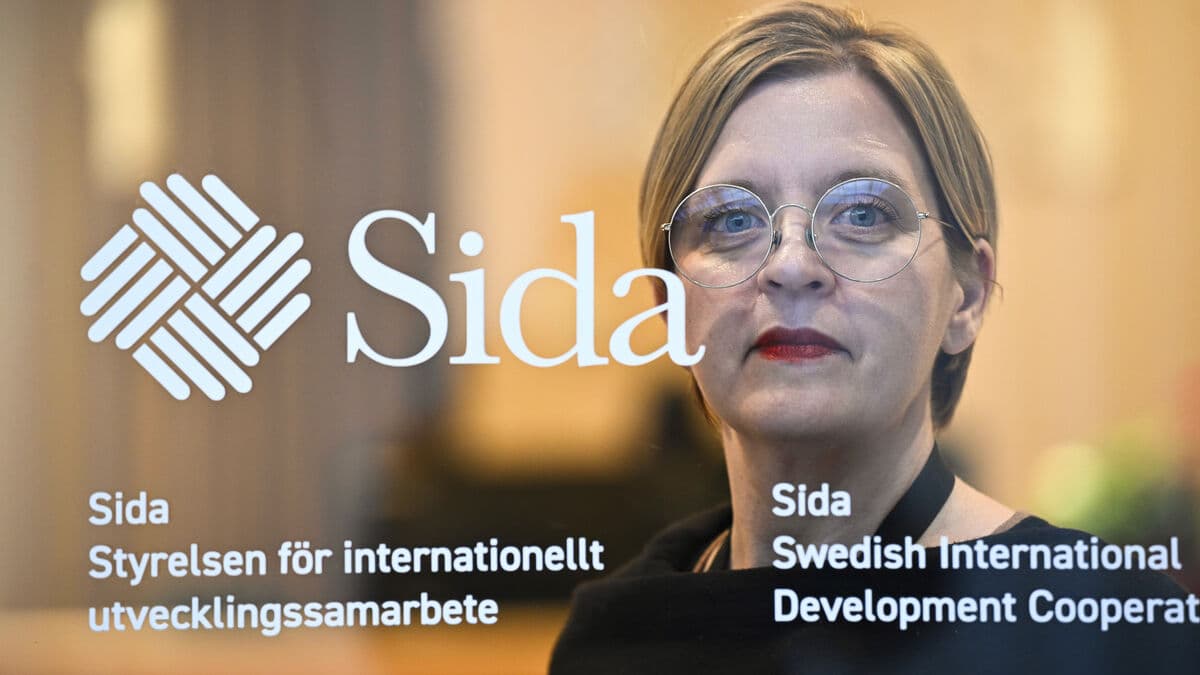The high-profile story came to an end on Wednesday when Anti-Doping Norway cleared the player who was above the limit for the doping-classified substance DMBA.
Seven more players had traces of the banned substance in their bodies.
It was after a match in April between Vålerenga and LSK Kvinner, which was played indoors on artificial turf, that everything got started.
"The case is not about a lack of judgment on the athlete's part or that she took any kind of risk. She was exposed to the substance in a regular league match played in a regular football stadium under normal conditions," writes Antidoping Norway, pointing out that none of the eight could have known the connection between the material and the banned substance.
In a previous investigation, Antidoping Norway and the Norwegian Football Association concluded that contamination from the rubber granules used on the artificial turf pitch was the culprit.
After the incident, the association has banned LSK Women from playing in the football hall in question.






